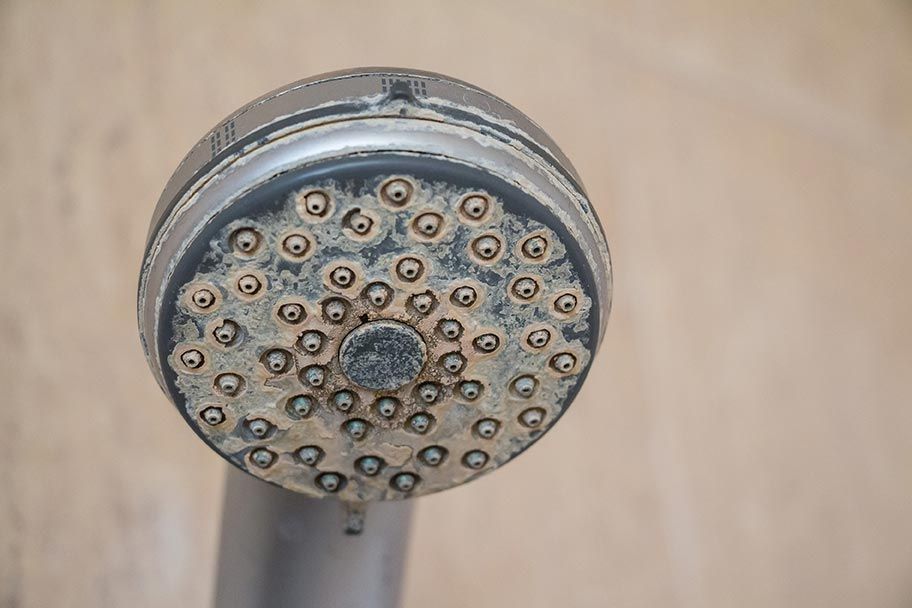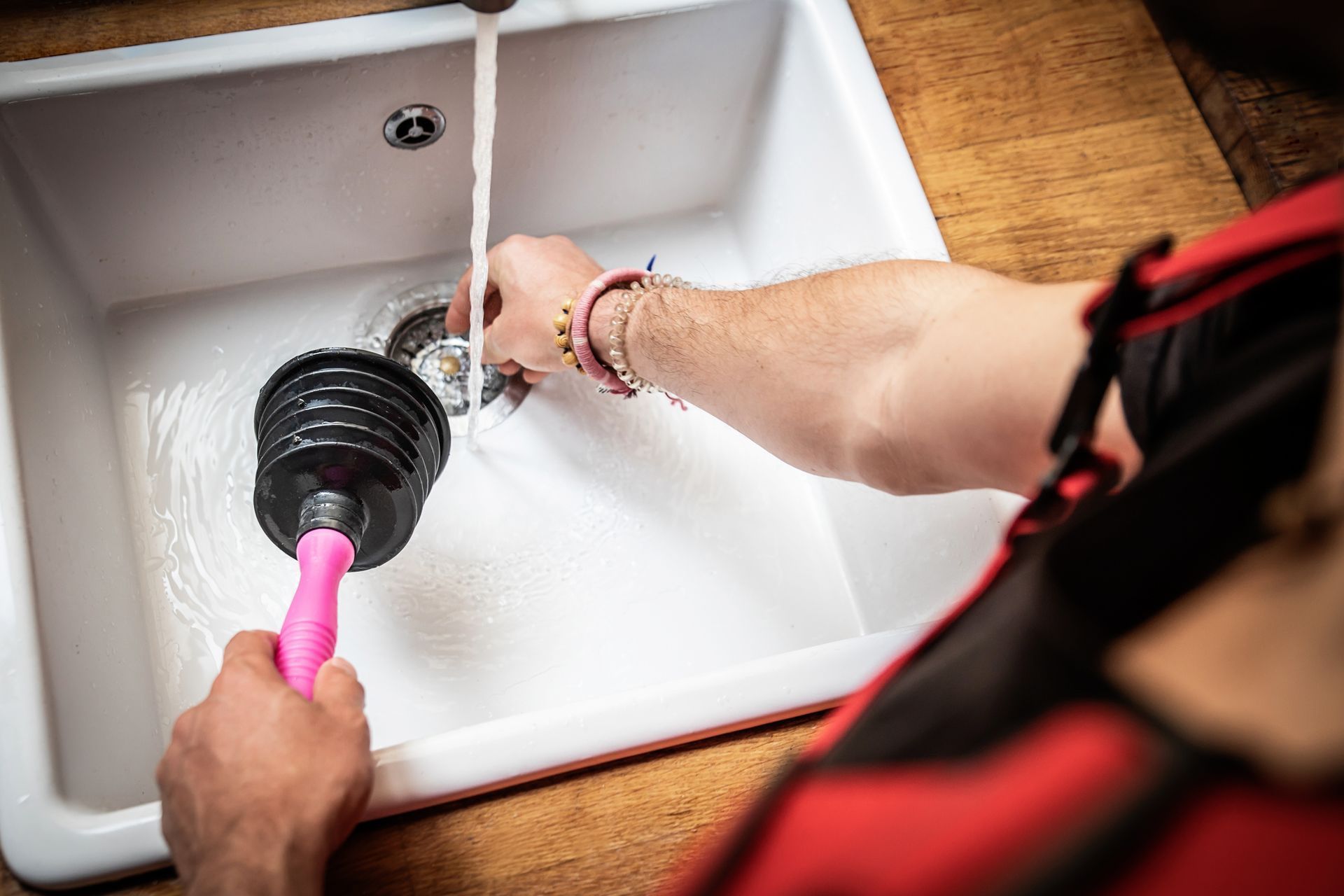What Is Hard Water and Is It Ruining Your Plumbing?

If you live in a house with hard water, taking proper action can prevent your plumbing from being ruined by mineral-rich water. Learn what to do.
10.18.2018
Hard water is water that contains high concentrations of dissolved minerals like calcium and magnesium. To a casual observer, hard water may seem very similar to soft water. However, there are significant differences.
Knowing the differences between hard water and soft water and how it can affect your plumbing can help you take care of your home. If you live in a house with hard water, taking proper action can prevent your plumbing from being ruined by mineral-rich water.
What Is the Difference Between Hard Water and Soft Water?
Take a look at some of the differences between hard water and soft water so you can determine what kind of water runs through the pipes in your home:
- Feeling on the skin. Soft water leaves the skin feeling soft and even soapy, while hard water can leave the skin and scalp feeling itchy and flaky.
- Taste. Soft water is sometimes described as tasting salty, while hard water can taste crisper and fresher.
- Scale buildup. Soft water leaves drinking glasses and hard surfaces shiny and clean, whereas hard water can leave a scale buildup on dishes and other surfaces.
While the itchy skin and scalp that people experience with hard water is not fun, scale buildup is often the worst part about having hard water. Over time, hard water can coat plumbing fixtures, dishes, and even the inside of pipes. Unless you do something about the problem, hard water can ruin your plumbing and water heater.
How Can You Tell If Hard Water Is Ruining Your Plumbing?
If your plumbing is being affected by your hard water, you'll notice a range of problems on your home's plumbing fixtures. Check your faucets and plumbing fixtures for a green, yellow, or blue flaky buildup. This is scale from hard water.
You'll also be able to see the effects of hard water on your dishes. Check your glasses for a white, cloudy coating. These stains are from hard water.
If hard water is affecting the outside of your plumbing fixtures as well as the glasses in your kitchen, hard water is likely also affecting the inside of your home's pipes, where scale can accumulate. If enough scale builds up in the pipes in your home, this can reduce your home's water pressure and may even cause clogs in your pipes.
What Can You Do About Hard Water?
Ideally, homeowners with noticeable hard water will buy a water softener to fix the problem. A plumber usually installs a water softener. Water softeners need a regular supply of sodium to keep water soft, so homeowners have to refill the sodium in their water softener regularly.
Once you install a water softener, then the hard water scale can be removed. Most hard water stains can be removed through exposure to vinegar. Soaking dishes in a tub of vinegar for several hours can soften the cloudy film on the glass so that you can wipe the stain away.
For plumbing fixtures, attach a bag filled with vinegar onto the affected faucet or showerhead, and then leave the vinegar hanging on the plumbing faucet. Once you remove the film, you can scrub it away.
Know Where to Turn With Questions
If you're a homeowner with questions about how you can deal with hard water in your home, the best thing you can do is talk to a reputable plumber. Your plumber can give you information about how you can manage hard water in your home.
At O'Fallon Sewer Service, we're happy to answer homeowners' questions about hard water and what can be done to fix the problem. Call us today for more information.
Facebook Twitter Google+ pinterest








